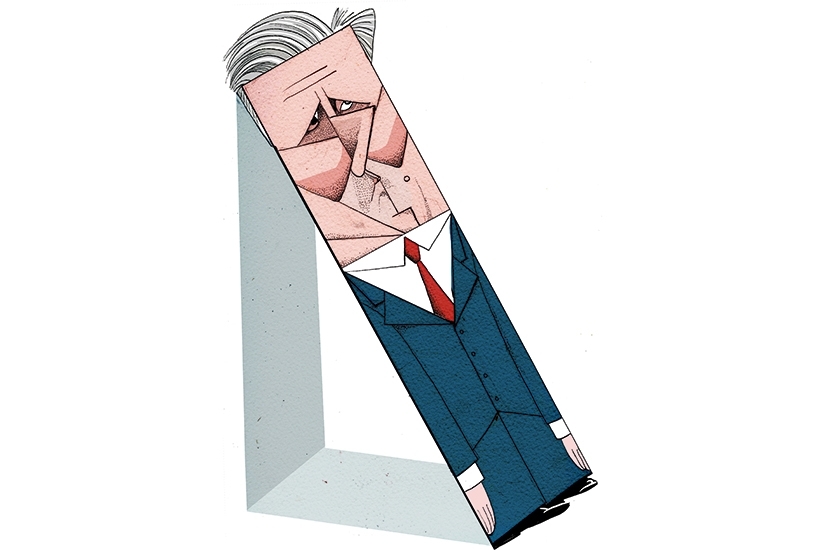A vote will be held in the House of Commons today, which will decide the freedoms Britons will have from this week, possibly until spring. Yet the official opposition is planning to abstain.
There have also been rumours that if Boris Johnson does somehow get a Brexit deal with the EU this week, Labour will abstain on that vote as well.
Two of the biggest Commons votes of our era – one built around the greatest health crisis of our times and what that means for individual freedoms in this country, the other about our future trade relationship with our immediate neighbours – and Labour appear to have decided not to decide on either. This demonstrates the worst of Keir Starmer’s leadership.
Starmer has done a lot for Labour since taking charge. He has professionalised the leader’s office once again, and moved away from the student debating style of Jeremy Corbyn. He has dealt with the anti-Semitism crisis in the party astutely, unafraid of the feathers he has ruffled along the way. Yet he has also demonstrated a cautiousness in policy that has become increasingly stifling to Labour’s drive to rebuild in the post-Corbyn era. I understand why Starmer doesn’t want to commit himself to a raft of policies this early in the Parliament and why he wants to focus on the traditional business of opposition. But that shouldn’t mean Labour never taking a stand on anything whatsoever, especially when it comes to two of the biggest existential issues of our day.
In regard to today’s vote, it should have been relatively straightforward for the Labour leader’s office. If they think the tiers being proposed are necessary and do not want to look cavalier with public health, then vote with the government. If they think there are any problems with the way the tiers have been constructed – and here Labour has a lot more room to roam than they seem to think – Labour should vote against the measures. They could have claimed the proposed tiers are too tough on the north compared to the south. Or Starmer could have said he understands the tiers have to remain in place for now, but that the way the government has constructed them is sub-optimal.
The point here is, if Labour voted either way today, they would look decisive. Instead, it’s going to be another ducked situation. This has become an unfortunate trait of Starmer’s leadership, and I believe it is one of the things that has stalled Labour’s creep up in the polls.
If Starmer wants to avoid communicating who he is politically through public policy announcements, then he has to use these big votes in the House of Commons, where the general public are paying attention, instead. Today is a missed opportunity in that regard. A Brexit vote, if it happens this month, could be another.
An argument could be made that publicly staging a counterrevolution against the Corbyn era, combined with his old-fashioned opposition tactics, shows Starmer as competent when compared with Boris’s bumbling, and this is enough to put the Labour leader in a position to win the next general election. I don’t think it is.
Starmer has been pejoratively compared with Ed Miliband; a leader who flattered to deceive before crashing into an election that yielded a Tory majority. This is unfair. Starmer is much better than Miliband.
The problem is that Miliband inherited a party in much healthier shape than the one Starmer has taken over. The work Starmer has to do in order to win an election for Labour is much greater than it was for Miliband, who ultimately failed. If Starmer thinks he can drift along, abstaining on everything in the hope that people get sick of Boris and the Tories in substantial enough numbers, I believe he is being wildly complacent.
I suspect the aim of today’s abstention is to try and please both those who are for the Covid measures as well as those who are against them, by not doing anything at all. Labour may end up just annoying both sides instead.
Beyond the political ramifications, there is also a moral question to consider here. Abstaining on the existential questions the country faces demonstrates a lack of wanting to get involved – and of absenting Labour from the morality at the heart of these matters completely.
Labour winning the next general election will have to be built on more than Starmer being competent. He must be a leader as well. Ducking votes in the Commons goes against this in a way that could prove costly in the end.







Comments